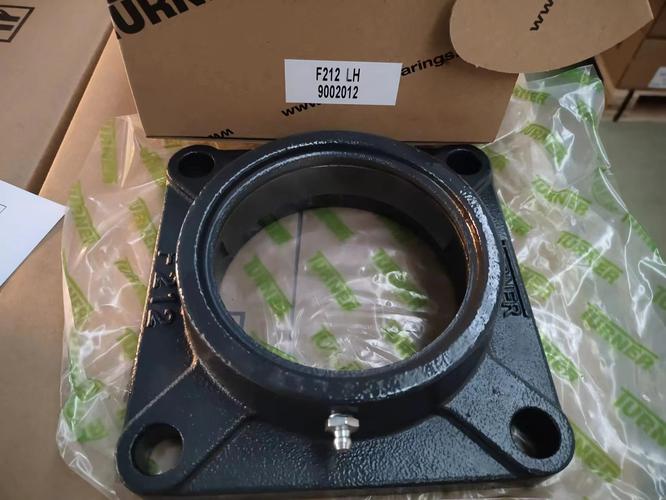Lubrication-Free Bearings for Machinery Exporters: Complete Guide

Introduction
Lubrication-free bearings have become essential components in global machinery trade, reducing maintenance costs by 30-45% according to Bearing Industry Research. Exporters face critical challenges when selecting bearing solutions:
- Downtime risks from improper lubrication
- Non-compliance with international environmental regulations
- Hidden costs in maintenance-intensive systems
Technical Specifications & Standards
Modern lubrication-free bearings meet multiple international certifications:
| Standard | Requirement |
|---|---|
| ISO 9001:2015 | Quality management systems |
| CE Marking | EU safety compliance |
| RoHS | Hazardous substance restriction |
Performance Comparison
| Feature | Lubrication-Free | Traditional |
|---|---|---|
| Maintenance Cycle | 5-7 years | 3-6 months |
| Failure Rate | ↓42% | Baseline |
Cost Efficiency Analysis
- Total Cost Reduction: 22% average savings over 5-year lifecycle
- Energy Efficiency: 15% lower friction losses
Global Market Data
The lubrication-free bearing market will grow at 6.8% CAGR through 2030 (Grand View Research). Key demand drivers:
- Automation in Southeast Asian manufacturing
- EU environmental directives
Supplier Checklist
- Valid ISO certifications
- Material traceability systems
- Third-party testing reports
Case Study: Vietnam Textile Machinery
A Ho Chi Minh manufacturer reduced bearing-related downtime by 68% after switching to certified lubrication-free solutions, achieving ROI in 11 months.
FAQ
Price Negotiation Tips
Request volume discounts for orders above 500 units
MOQ Requirements
Standard MOQ: 200 units (customizable)
Customization Options
Available for sizes 20mm-500mm diameter
Logistics Support
FOB/CIF options with customs documentation
Quality Guarantee
36-month performance warranty
Payment Security
Escrow services available
Download our bearing specification guide to compare technical parameters across 12 industrial applications.




 13869596835
13869596835